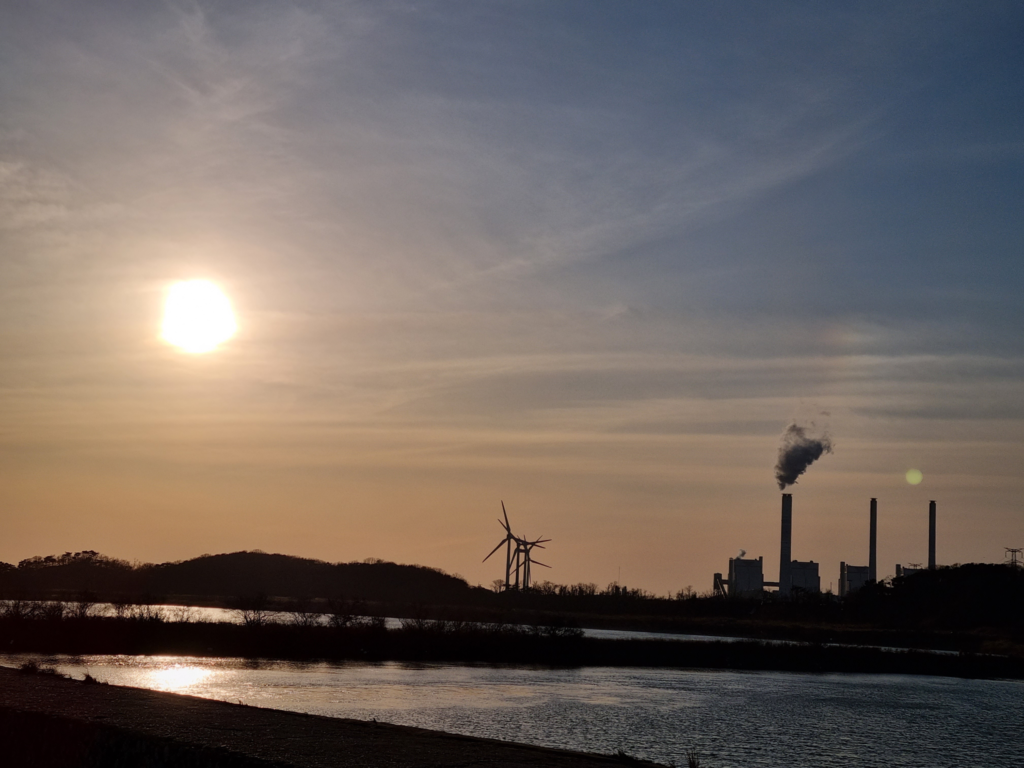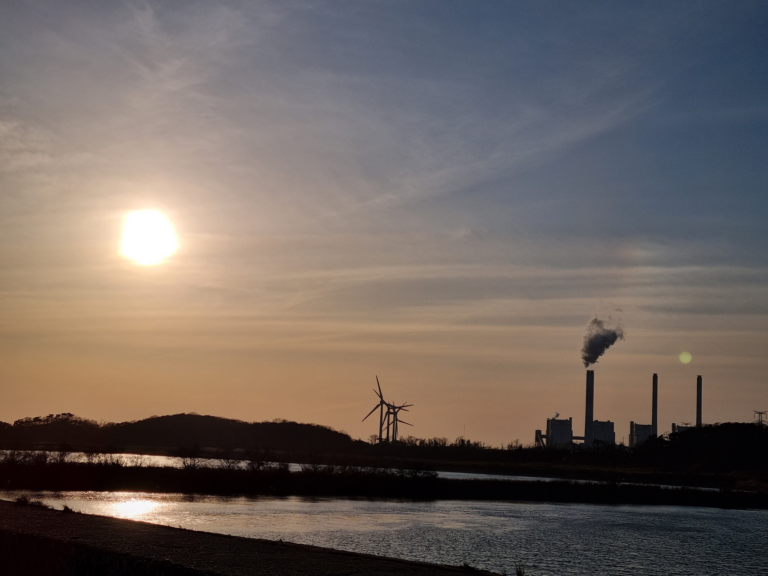People speed up climate change. Humanity will become extinct if people do not take action. Numerous news about climate motivates people to act. Ironically, it leads people to avoid the fact that they are heading towards an apocalypse. According to Per Espen Stoknes, a Norwegian psychologist and politician for the Green Party, people get numb and inattentive to the environment due to exaggerated information released from the media about climate change. He defines this psychological barrier as the “apocalypse fatigue.”
Apocalypse fatigue has five “D” defenses: distance, doom, dissonance, denial, and identity. First, people start neglecting the situation by keeping a distance from climate change. When they come across climate articles in websites, they are normally reminded of polar bears in faraway lands. They start to believe that their effort is virtually meaningless. Second, people’s interest transforms into ignorance once the initial fear from exaggerated information disappears. Third, they view themselves as hypocrites and justify their actions. Fourth, they neglect the problem. Finally, the conservative nature of people overrules scientific evidence.
Furthermore, Per Espen Stoknes introduces methods to overcome apocalypse fatigue: reversing the five D defenses into ‘social, supportive, simple, signal, and story.’ First, news advocating to take measures to curb climate change will spread via social networks. Second, people can overcome fatigue by being supportive and focusing on the positive aspects of the activists’ choice. Third, climate change decreases by setting effective prevention measures in default. Fourth, signal surmounts denial effectively. For example, apps like “Ducky” motivates people to take action by displaying the impact on the earth. Finally, stories evoke a sense of commitment.
Overall, insecurity and helplessness about environmental problems come from those who aspire to make the earth a habitable environment. Apocalypse fatigue is common. Thus, people should confront their anxiety and doubts to overcome them. Every little step matters to making a sustainable earth.

Works Cited
Stoknes, P. E. (n.d.). How to transform apocalypse fatigue into action on global warming. Per Espen Stoknes: How to transform apocalypse fatigue into action on global warming .
Ted Talk. Retrieved September 30, 2022, from https://www.ted.com/talks/per_espen_stoknes_how_to_transform_apocalypse_fatigue_int o_action_on_global_warming?language=en
Zehner, D. (2021, June 22). Apocalypse fatigue, selective inattention, and fatalism: The psychology of climate change. Resilience. Retrieved September 30, 2022, from https://www.resilience.org/stories/2020-01-27/apocalypse-fatigue-selective-inattention-an d-fatalism-the-psychology-of-climate-change/#:~:text=It%27s%20the%20exhaustion%20 of%20having,of%20concern%20negates%20your%20efforts.
By. Soohyun Nam


